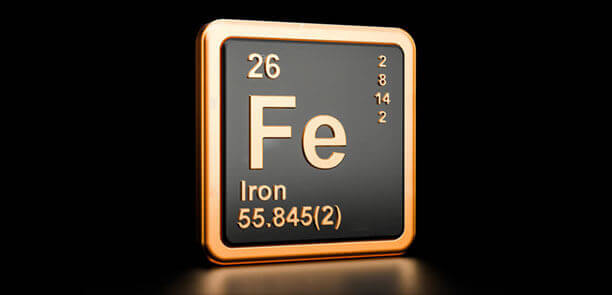It is recommended to avoid consuming these foods together with meals and iron supplement to avoid inhibition of iron absorption.
Inhibitors and enhancers of iron absorption
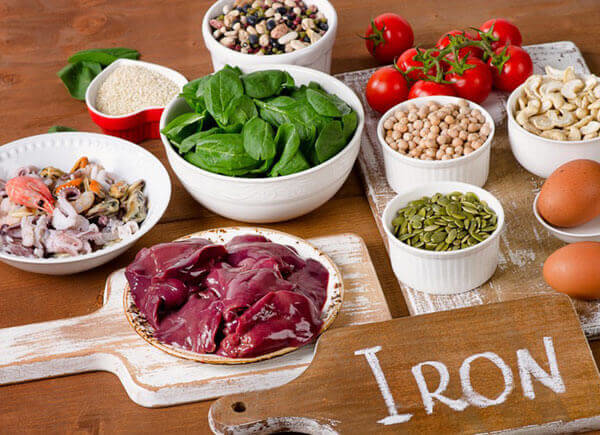
Making dietary changes is an important step in providing iron that the body needs.
One of the best ways is to improve one’s dietary intake by consuming food that help increase iron intake (called “iron enhancers”) and by avoiding food that impair iron absorption also known as “iron inhibitors”.
ENHANCERS OF IRON ABSORPTION INCLUDE:2

Haem iron, present in meat, poultry, fish, and seafood

Ascorbic acid or vitamin C. present in fruits, juices, potatoes, other tubers, and other vegetables such as green leaves, cauliflower and cabbage

Some fermented or germinated food and condiments, such as sauerkraut and soy sauce (note that cooking, fermentation, or germination of food reduced the amount of phytates)
INHIBITORS OF IRON ABSORPTION INCLUDE:2
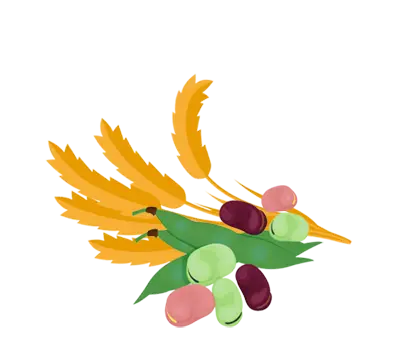
Phytates, present in cereal bran, cereal grains, high-extraction flour, legumes, nuts, and seeds;
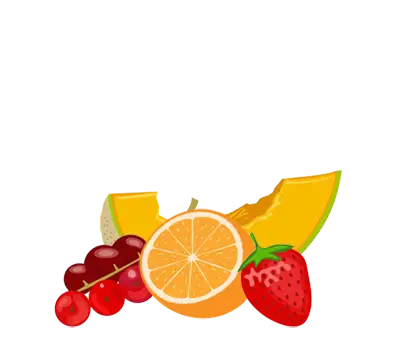
Food with high inositol content;
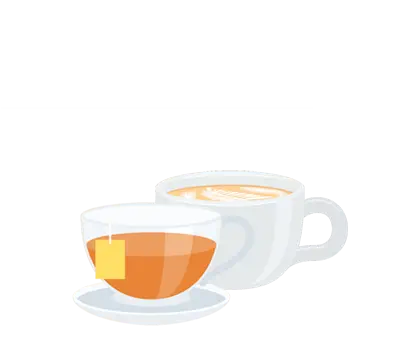
Iron-binding phenolic compounds (tannins); foods that contain the most potent inhibitors resistant to the influence of enhancers include tea, coffee, cocoa, herbal infusions in general, certain spices (e.g. oregano), and some vegetables
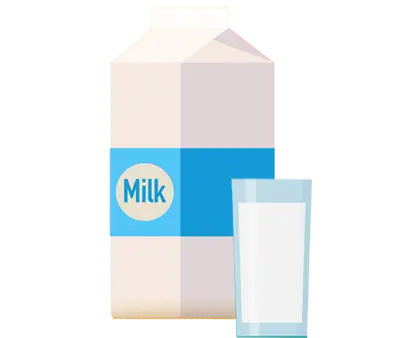
Calcium, particularly from milk and milk products
References:
2 National Heart, Lungs and Blood Institute, Iron-deficiency Anemia. https://www.nhlbi.nih.gov/health-topics/iron-deficiency-anemia
ASC Reference No. P140P071321SS. If symptoms persist, consult your doctor.
Supports Optimum Blood Health
With proper diet and exercise

Multi-vitamins + Minerals

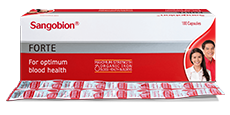
Multivitamins + Iron + Calcium


Iron + Folic acid


Iron + Vitamin B Complex

If symptoms persist, consult your doctor. ASC Reference No.: P170P062921SS
